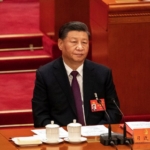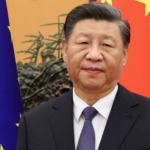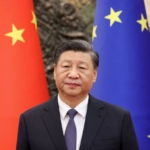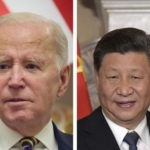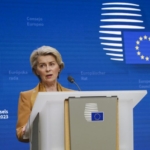In China corruption is a widespread problem, despite the draconian penalties that affect the officials recognized guilty of illegal conduct. To limit its spread, the government, at the impulse of President Xi Jinping, is set to launch a new round of anti-corruption program initiated three years ago, intensifying efforts with respect to 2015. In fact, the Central Commission for Disciplinary Inspection (CCDI) plans to conduct over 100 inspections by the end of the year.
[subscriptionform]
[level-european-affairs]
The anti-corruption campaign announced by Xi Jinping was widely publicized on the national media. On 19th February, the Chinese leader has spread its message through the country’s three major news agencies: Xinhua, People’s Daily and CCTV. Simultaneously, Xi wanted to launch a warning to the world of information, stating that the national media must demonstrate absolute dedication and loyalty to the party and thus, indirectly, to the premier itself. The answer was not long in coming, in the sign of a willing submission. The home page of the three agencies were quickly colonized by a profusion of praise and support claims in favor of the party and its leadership, in view of the campaign launch.
According to analysts, Xi Jinping’s initiative does not aim simply to tighten anti-corruption controls, but responds to a total change of political agenda towards the media. The President wants to operate a crackdown on China’s information world, to better control the news dissemination. Wang Qishan, a member of the Politburo Standing Committee and head of the Central Commission for Disciplinary Inspection, contributed to corroborate this hypothesis. During the campaign presentation conference, Wang announced that the Ministry of Propaganda and the State Administration for printing, publishing, radio, film and television (which applies censorship directives) will be put under depth scrutiny. A further warning, not too veiled.
The anti-corruption operation, however, will cover all of the state structure focal points and will affect, according to the announcements, 36 different public bodies spread across all areas of expertise. From justice to agriculture, from the religious affairs to tourism, no one can be considered safe from the upcoming government inspectors investigations. Four provincial governments also will be sieved.
Many of the Commission’s targets are related to the management and implementation of industrial policies. The party wants to contribute thereby to the achievement of economic goals set for 2016, at national level, reducing the levels of over-production and encouraging the merger of major state industries. These changes, given its scale, could generate discontent and opposition within the concerned state agencies. And then, the role of the media in this story is clarified. Tighter control on information would ensure a favorable narrative of events and, therefore, a broader base of support for the transformation in agenda.
Luca Marchesini
[/level-european-affairs]

